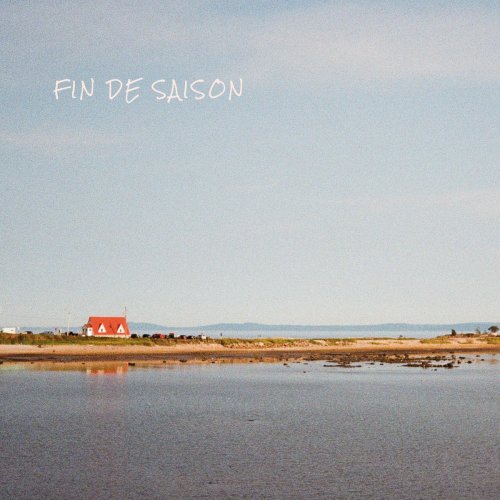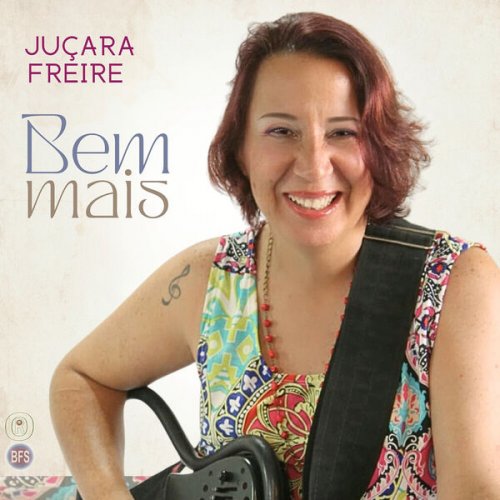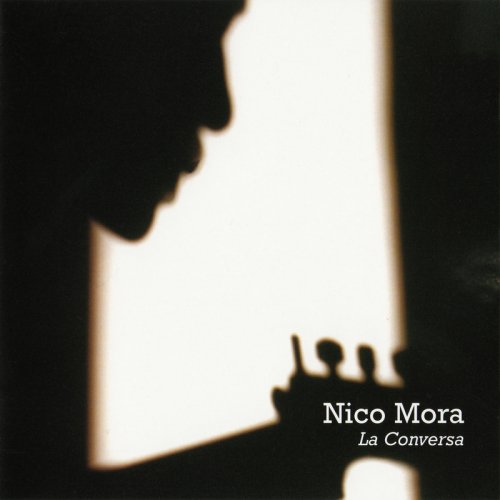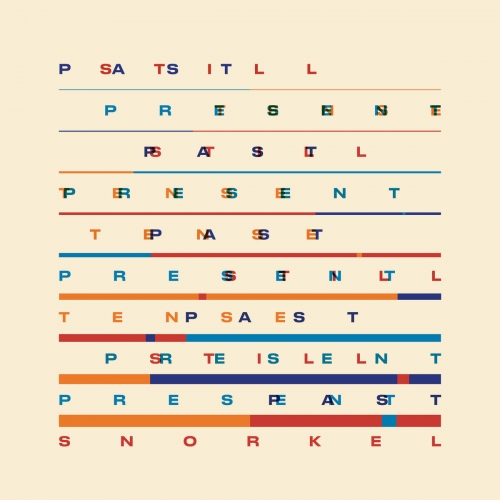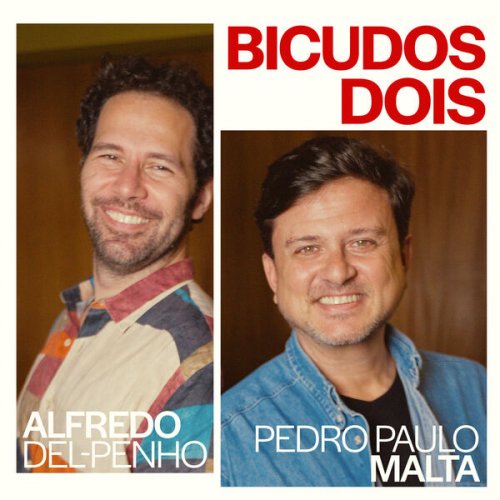Rias Kammerchor - Schnittke: Penitential Psalms (2016) Hi-Res
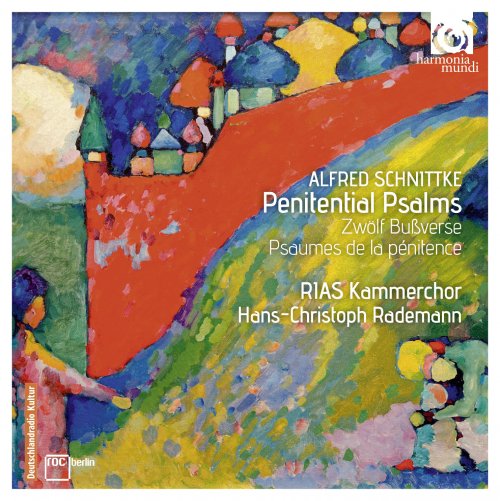
Artist: RIAS Kammerchor, Hans-Christoph Rademann
Title: Schnittke: Penitential Psalms
Year Of Release: 2016
Label: Harmonia Mundi
Genre: Classical
Quality: FLAC 16/24 Bit (48 KHz / tracks+booklet)
Total Time: 54:28 min
Total Size: 205 / 515 MB
WebSite: Album Preview
Tracklist:Title: Schnittke: Penitential Psalms
Year Of Release: 2016
Label: Harmonia Mundi
Genre: Classical
Quality: FLAC 16/24 Bit (48 KHz / tracks+booklet)
Total Time: 54:28 min
Total Size: 205 / 515 MB
WebSite: Album Preview
1. Twelve Penitential Psalms- I. Adam saß vor dem Paradies und weinte
2. II. Es nimmt mich die Wüste auf wie die Mutter ihr Kind
3. III. Weshalb lebe ich in Armut
4. IV. Meine Seele, warum befindest du dich in Sünden
5. Twelve Penitential Psalms- V. O Mensch - Verdammt und armselig
6. VI. Als sie sahen das Schiff
7. VII. O meine Seele, warum hast du keine Angst
8. Twelve Penitential Psalms- VIII. Wenn du die Zeitlosigkeit der Trauer überwinden willst
9. Twelve Penitential Psalms- IX. Über mein Leben als das eines Geistlichen habe ich nachgedacht
10. X. Sammelt euch, ihr christlichen Menschen!
11. XI. Ich bin in dieses elende Leben gekommen
12. XII. (mit geschlossenem Mund)
13. I. Gegrüßet seist du, Jungfrau, Mutter Gottes
14. II. Herr Jesus, Sohn Gottes
15. III. Vater unser
The „Penitential Psalms“ for mixed choir a cappella were first performed on Boxing Day 1988, in the concert hall of Moscow University, by the USSR State Chamber Choir under the direction of Valery Polyansky. They deal with the motif of original sin and refer to the story of the treacherous murder of Vladimir’s sons Boris and Gleb, later canonised and revered as martyrs, which their older half-brother Svyatopolk perpetrated in 1015 in the course of bloody conflicts over the succession.This masterpiece of exceptional density and rigour, at once contemporary and timeless, is performed here from the composer’s autograph manuscript, which includes significant divergences from the published edition.
In the autumn of 1983, at the Moscow premiere of the „Faust Cantata“, Polyansky had asked Schnittke to write a new a cappella piece for his ensemble, a request that was initially declined. It was only after repeated urging that Schnittke relented, and the very next day after this renewed plea, he thrust into the surprised conductor’s hand the manuscript of three choral movements setting prayers used in Russian Orthodox devotions – not without berating Polyasnky, tongue-in-cheek, as a ‘dreadful fellow’ for his tenacity. In comparison with the 'Penitential Psalms', the 'Three Sacred Hymns' are more strongly rooted in the Romantic tradition of Russian sacred music, such as Rachmaninov's 'All-Night Vigil'.
RIAS Kammerchor
Hans-Christoph Rademann, conductor
In the autumn of 1983, at the Moscow premiere of the „Faust Cantata“, Polyansky had asked Schnittke to write a new a cappella piece for his ensemble, a request that was initially declined. It was only after repeated urging that Schnittke relented, and the very next day after this renewed plea, he thrust into the surprised conductor’s hand the manuscript of three choral movements setting prayers used in Russian Orthodox devotions – not without berating Polyasnky, tongue-in-cheek, as a ‘dreadful fellow’ for his tenacity. In comparison with the 'Penitential Psalms', the 'Three Sacred Hymns' are more strongly rooted in the Romantic tradition of Russian sacred music, such as Rachmaninov's 'All-Night Vigil'.
RIAS Kammerchor
Hans-Christoph Rademann, conductor
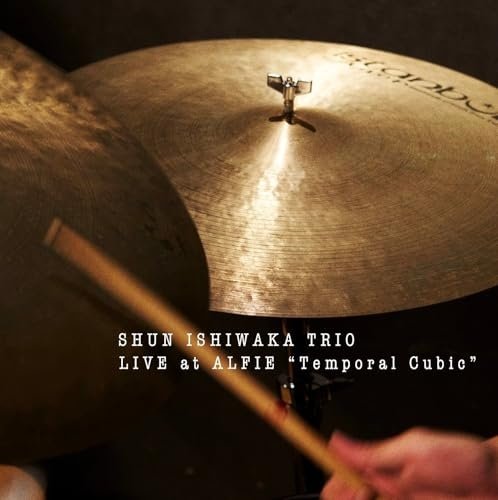
![Noé Sécula - A Sphere Between Other Obsessions (2025) [Hi-Res] Noé Sécula - A Sphere Between Other Obsessions (2025) [Hi-Res]](https://www.dibpic.com/uploads/posts/2025-12/1766108017_sej880ryk23va_600.jpg)
